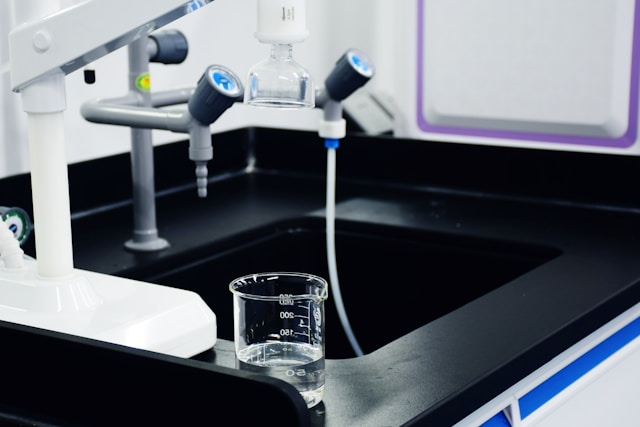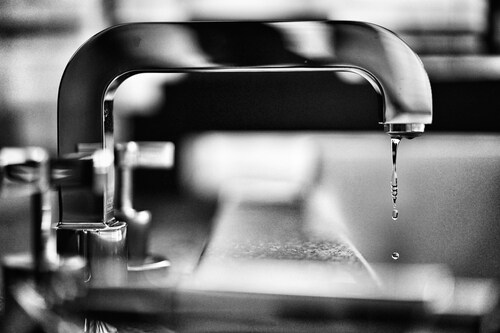Choosing the right filtration system for your entire home is a significant decision that affects the quality of water you and your family use daily. Whether for drinking, cooking, or bathing, the water flowing through your home’s plumbing can vary greatly depending on your location and water source.
This guide will help you understand the factors to consider when selecting a whole house water filter to guarantee that it satisfies the requirements of the water type in your home.
Understanding Your Water Source
The first step in selecting a filtration system is understanding the water your home receives. It typically comes from either municipal supplies or private sources such as wells. Each source comes with its contaminants that must be addressed.
Municipal: Generally treated at a city plant, municipal water is usually free from harmful microorganisms but may contain chlorine, fluorides, and other chemicals used in the treatment process.
Well: This type might be free from the chemicals used in municipal treatment but can contain higher levels of natural sediments, minerals, and possibly bacteria.
Analysing Water Quality
It’s essential to have your water tested to identify specific contaminants. The following evaluation may assist you in determining which filter type is most suitable. One may procure a testing device from a nearby home improvement retailer or retain the services of a professional to perform the testing. The key contaminants to look for include:
Physical Contaminants: Suspended sediment or organic matter in the water
Chemical Contaminants: Compounds like chlorine, nitrates, and pesticides.
Biological Contaminants: Microorganisms such as bacteria, viruses, and parasites
Radiological Contaminants: Cesium or uranium that can emit ionising radiation.
Selecting the Filter Media
Different filter media are designed to remove specific contaminants. Here are the most common types:
Activated Carbon: Effective for removing chlorine, taste, and odour.
Reverse Osmosis: Removes many pollutants, including fluoride, lead, and other dissolved minerals.
Sediment Filters: Ideal for healthy water with high sediment content.
UV Filters: Used to kill bacteria and other pathogens.
Consider Filter Size and Flow Rate
The size of the filter and its flow rate are crucial for maintaining adequate pressure throughout your house. A system that is too small for your household can reduce pressure, affecting daily activities such as showering and washing dishes. Conversely, an overly large system can be unnecessarily expensive. The number of bathrooms and overall usage in your home generally determines the filter size. Additionally, it’s essential to consider the peak demand periods in your home, such as morning routines or evening baths, to ensure the system can handle simultaneous usage. Larger families or homes with multiple fixtures might require systems with higher flow rates to maintain efficiency.
Maintenance and Cost
The upkeep of your filtration system is an important consideration. Some systems require frequent replacement of cartridges or other components, which can add to the operational cost. Understanding the maintenance requirements and the longevity of each part of the system can help you manage the long-term costs effectively.
Considering all these factors, you’re better equipped to choose one that best suits your needs. It’s crucial to weigh the initial investment against the potential benefits of quality and health improvements for your household. Remember, the right system will not only provide cleaner but also contribute to the longevity of your plumbing by reducing sediment and mineral buildup.
Selecting the right whole house water filter involves a comprehensive understanding of your source, thorough testing, and careful consideration of the filter’s type, size, and maintenance requirements. These steps can ensure that the system you choose effectively removes contaminants specific to your type, thus safeguarding your household’s supply and overall health.



